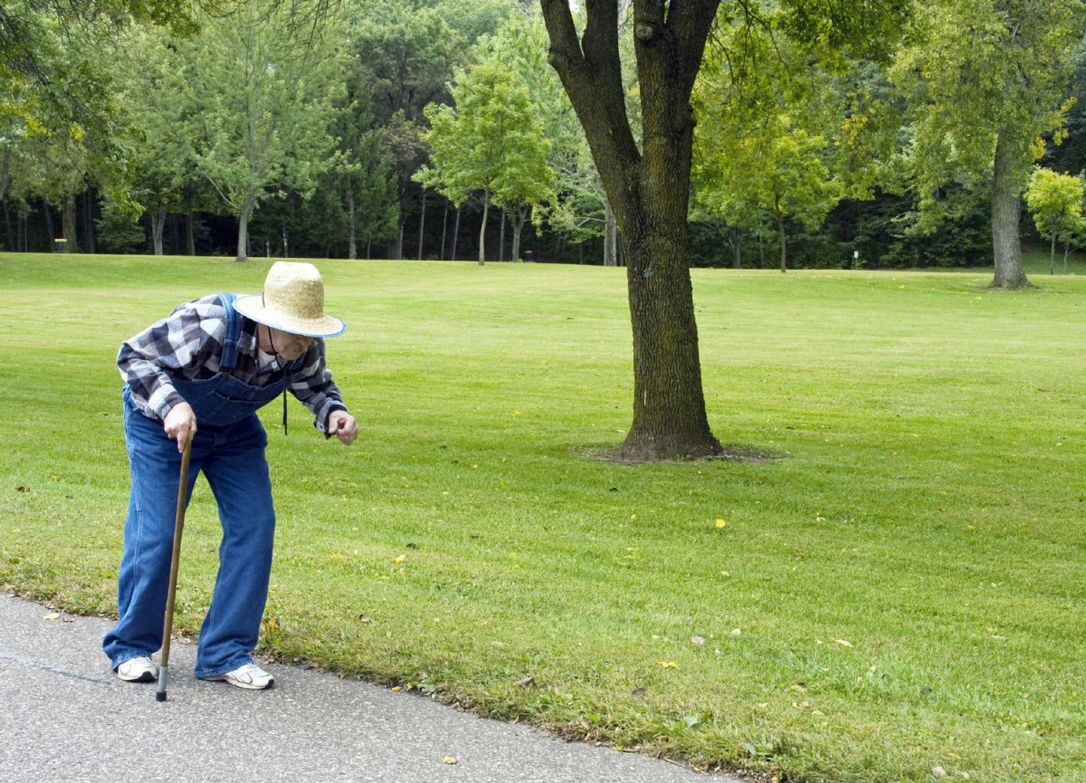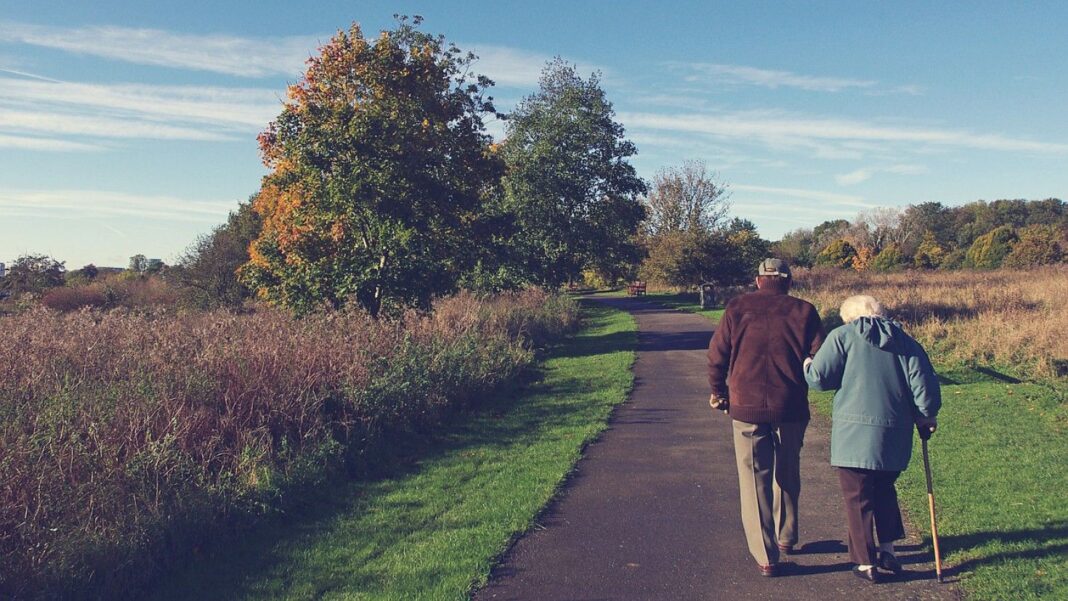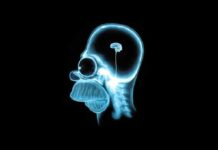Getting old is stupid. Some common things that usually occur as we age are loss of vision, hearing and memory, but also getting shorter. The reduction in height is due to several factors relating to changes in bone, muscles, joints and other tissues in your body. Understanding what actually happens to your body as you grow old is important so you can counteract some of the negative effects of ageing.
Scientists say that you start getting old as early as in your thirties. In this time age-related muscle loss starts happening and you can lose muscle mass at a rate of 3-5% each decade. One of the muscle groups that suffer the most is the one in your torso, which is mainly responsible for keeping you in an upright position. That is why old people often appear to be stooped.

Another reason for height loss as you age is your bone health. The bones in your body are actually very complex connective tissues that can adapt its size and shape in response to mechanical loads. They can eve remodel themselves throughout your life. When we are young we go through a growth stage and 90% of our peak bone mass is reached in our late teens. The peak is reached in our mid-twenties when the consolidation phase kicks in. However, around the age of 35-40, we begin to lose more bone than is generated. This loss of bone can lead to a condition known as osteoporosis, which causes low bone mass and increased bone fragility. It is most common in the vertebrae (spine). This degeneration has a negative impact on stature.
Other parts of our body that can impact our height are the vertebral discs. They are gel-like cushions that are located between the vertebrae and act as shock absorbers while keeping our backs flexible. Their composition is 80% water and we are young the discs are strong and supple. But, during the ageing process, they gradually compress and flatten, so the spaces between the vertebrae are reduced.
What can you do about it?
Height loss is one of the things that are mostly determined by your genes, however, there are some actions you can take to reduce the negative effects of ageing and to improve your health and wellbeing.
First of all, you need regular exercise. This is a very good practice for your health throughout the ages, but scientists say that perhaps the most important time for some weight-bearing activities is during the teenage years. This is the time period when most peak-bone mass is established, so generating strong bones when you are young will offer some protection as you enter older age. Of course, the muscles in your body will also benefit from this kind of exercise.
Another important thing is a healthy and balanced diet. Foods that contain higher levels of vitamin D and calcium can greatly contribute to bone health. This includes almonds, broccoli, kale, and some others. Not smoking or drinking alcohol and limiting caffeine consumption also helps.
So, a bit of shrinking is a normal part of ageing, but you can improve your stature if you keep a healthy lifestyle. Stay safe and do not forget to do regular health checks.

















